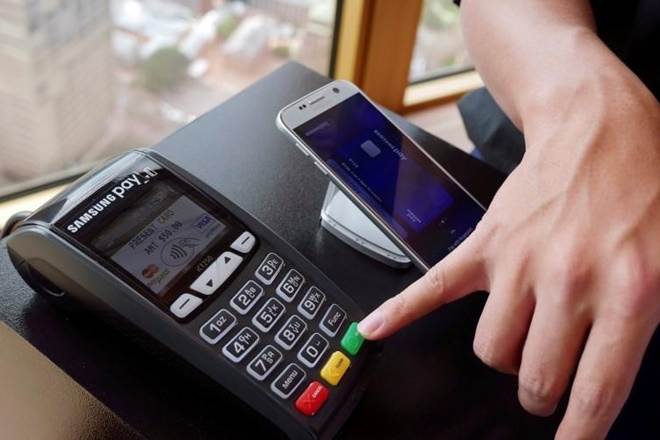
Even as they hailed the proposal to do away with merchant discount rate (MDR) for vendors with a turnover of above `50 crore, payment industry executives are confused how the cost of digital transactions would be covered. MDR is a charge retailers pay to a bank or payment service provider for payment acceptance infrastructure.
There is also confusion over a proposal in the Finance Bill to amend the Payment and Settlement Systems Act, 2007, which will seemingly disallow banks and other payment service providers from imposing any charges for electronic payments.
In her Budget speech, the FM said establishments with annual turnover more than `50 crore shall offer low-cost digital modes of payment, such as BHIM UPI, UPI-QR Code, Aadhaar Pay, debit cards, NEFT and RTGS, to customers. No charges or MDR shall be imposed on customers or merchants.
“RBI and banks will absorb these costs from the savings that will accrue to them on account of handling less cash as people move to digital payment,” she said.
The Finance Bill stated that in the Payment and Settlement Systems Act, an additional section will be inserted with effect from November 1, which will read: “Notwithstanding anything contained in this Act, no bank or system provider shall impose any charge upon anyone, either directly or indirectly, for using the electronic modes of payment prescribed under Section 269SU of the Income-tax Act, 1961.”
Sudhakar Ram, founder and CEO, Benow, which offers UPI acceptance solutions to offline merchants, said most retailers with turnover of above `50 crore are already offering these services. “We are not yet clear what the MDR waiver is because this has been reported in a very cryptic manner.
The waiver will obviously expand payments, but how will banks pay for the service and who will bear the cost is not clear,” Ram said. Ramaswamy Venkatachalam, MD, banking and payments, FIS, said Budget proposals may push cashless transactions in smaller towns. “There is already a huge surge in digital payments in urban areas and this is likely to expand in remote parts through easy availability of data services,” he said.
Dilip Asbe, MD and CEO, National Payments Corporation of India, said the Budget confirms the continuous focus on digital payments and will aid to create a robust payment infrastructure in the country.

